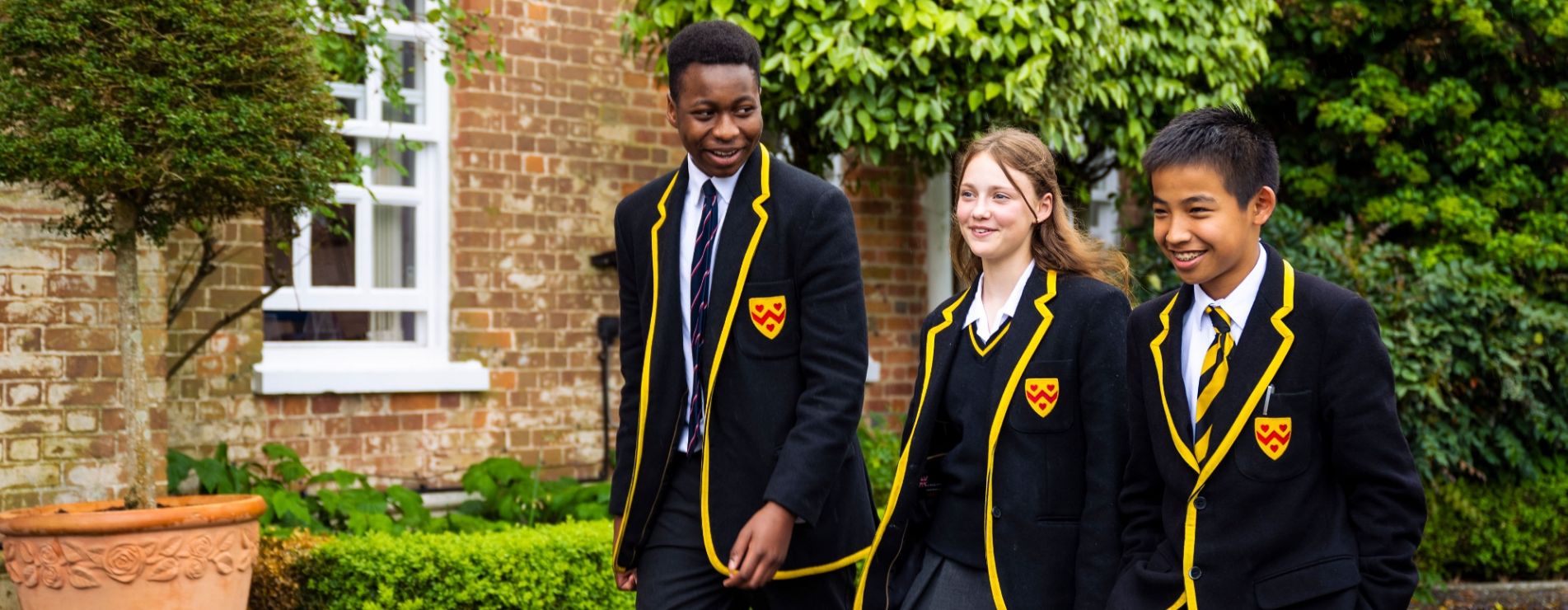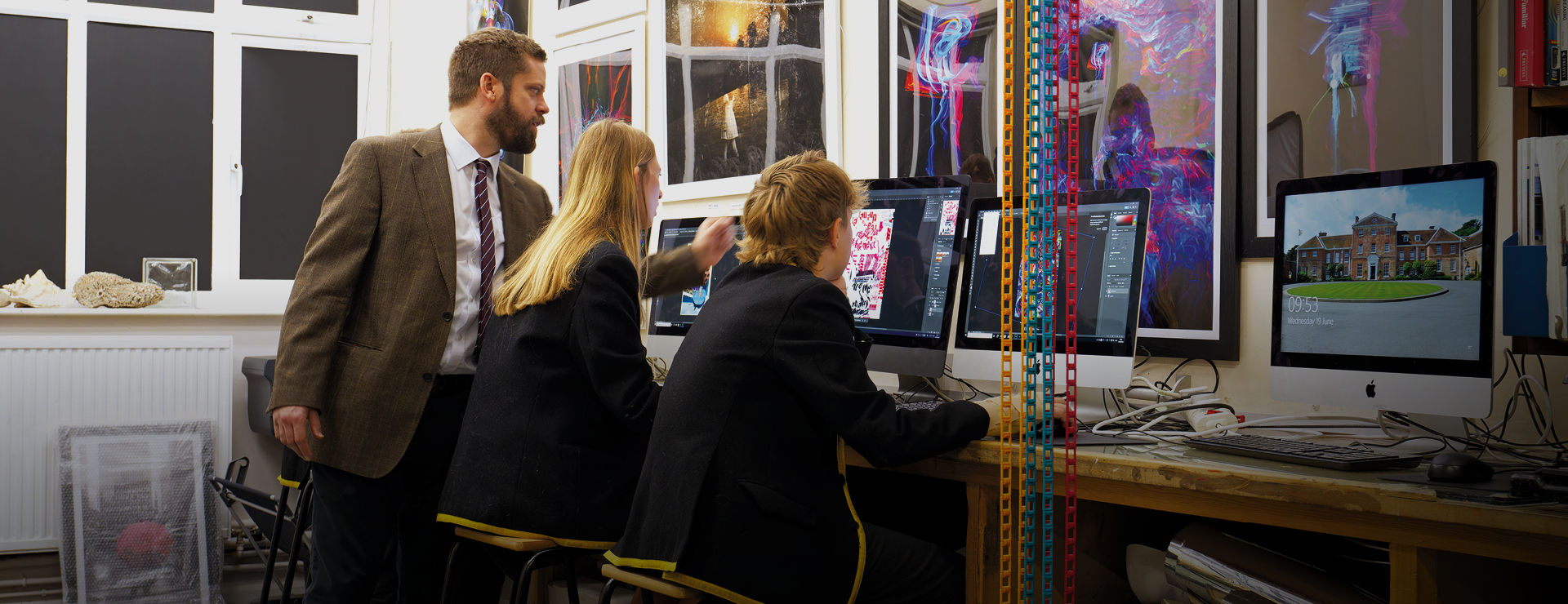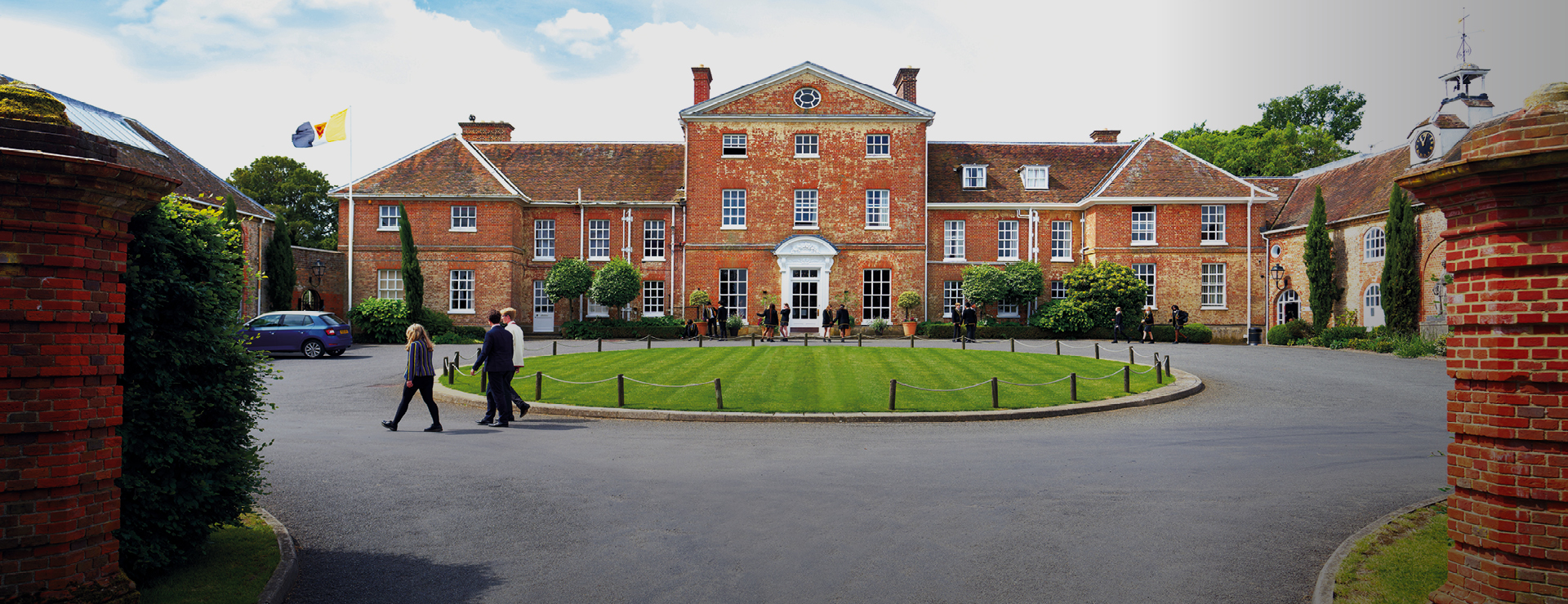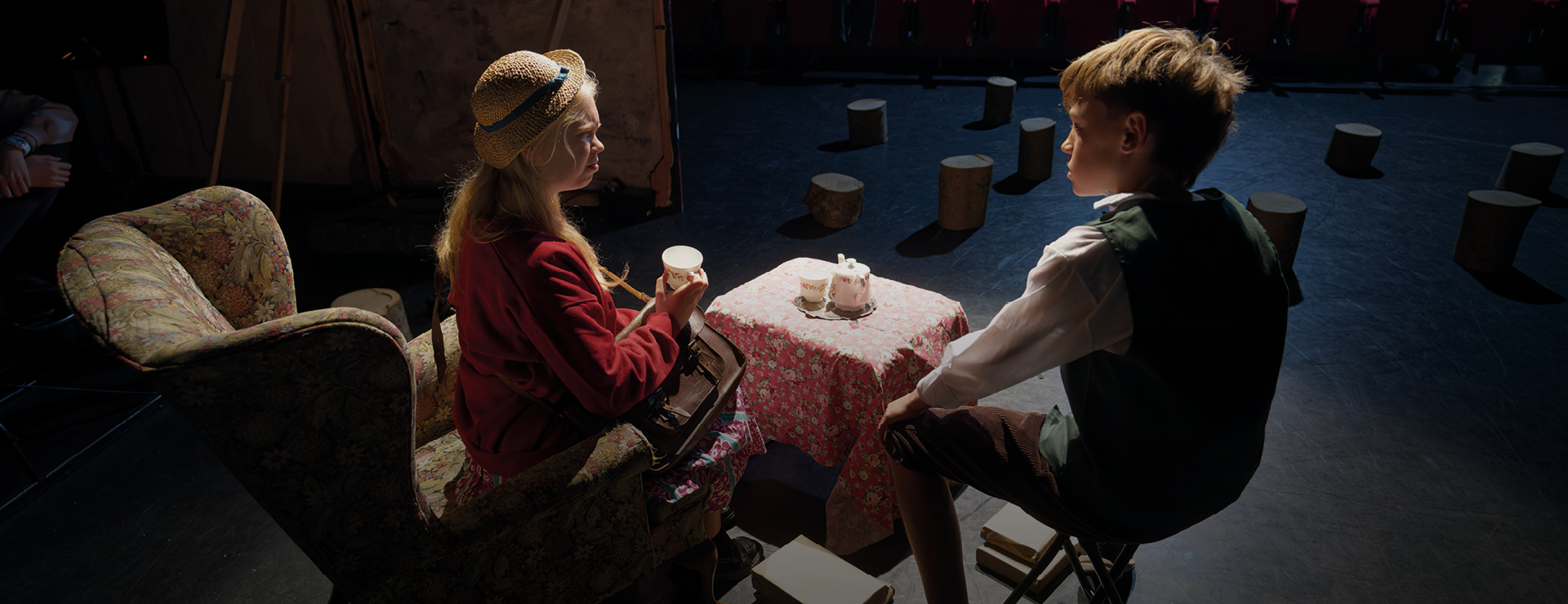History
History informs us about how the world we live in has been shaped
History is a study of the actions of mankind and an explanation of why events were caused and the consequences of them. History at The Oratory supplies pupils with a range of transferable skills that are highly sought after. Pupils will develop their powers of argument, of selecting and evaluating evidence and opinions, of determining importance and significance. These skills are invaluable in future study and in a variety of careers where writing reports, analysing situations, and presenting arguments are required.

Think Critically And Creatively
We are committed to helping pupils explore significant events, individuals, and ideas, while developing essential skills. At every level, pupils are challenged to think critically and creatively, to work collaboratively, and to understand the power of all forms of communication.
About
History at The Oratory is taught across all year groups and is optional from GCSE level and above with pupils going on to study History or associated courses at University. Studying History helps inform us of how the world we live in came about: why different countries have different types of governments; why tensions exist between and within countries; why there is considerable diversity in wealth, culture, ethnicity within countries. Within the department, emphasis is placed on evaluating the strengths, usefulness, and value of sources as evidence, and on understanding and assessing the methodology and interpretations of historians. These skills of evaluation and analysis are greatly sought after, not just by traditional professions such as the law, the civil service, education and journalism, but also in the world of management and even in the financial sector, where the ability to analyse and explain trends over time and to make a compelling case for adopting a new strategy or product play into the hands of the skilled historian.
Meet the Head of History
I studied History at the University of Liverpool and was awarded a 1st class degree. My particular areas of interest are based around the Cold War, particularly regarding America’s foreign policy in the 1960s and 1970s. I passionately believe that History has an important role to play in educating young pupils. Studying History helps inform us of how the world we live in came about: why different countries have different types of governments; why tensions exist between and within countries; why there is considerable diversity in wealth, culture, ethnicity within countries. I appreciate the skill set required to be a historian and the wider role it can play. Within the department, emphasis is placed on evaluating the strengths, usefulness, and value of sources as evidence, and on understanding and assessing the methodology and interpretations of historians. These skills of evaluation and analysis are greatly sought after, not just by traditional professions such as the law, the civil service, education and journalism, but also in the world of management and even in the financial sector, where the ability to analyse and explain trends over time and to make a compelling case for adopting a new strategy or product play into the hands of the skilled historian.
Mr Mikey Hennessy – Head of History
Curriculum
1st, 2nd & 3rd Form
In 1st and 2nd Form, emphasis is placed on developing historical skills and techniques. In the 1st Form, this is based on events from 1066–1485, with specific topics including the Norman Conquest, the barons' rebellion against King John, the Black Death, and the War of the Roses. This is developed further in the 2nd Form, focusing on the Tudors and Stuarts and an in-depth look and religious change in the Medieval period and the Civil War. In the 3rd Form, the syllabus focuses on Nazi Germany, including Hitler’s rise to power, and significant turning points of World War 2. This is an important year in laying the foundation for the IGCSE course as pupils are taught the skill set the help through the course.
IGCSE
The study of History at IGCSE focuses upon understanding the nature of the Modern World. Pupils will undertake a 20th Century in-depth study on the USA and will then gain an understanding of the key events in International Relations in the post-war world, examining the development of the Cold War, America’s involvement in Korea, the Cuban Missile Crisis and Vietnam and Soviet control of Eastern Europe. This is a varied and interesting course, providing pupils with studies of a variety of key moments in the past 100 years that help to explain the nature of the world today. It also lays a good foundation for pupils considering taking History forward at A Level.
Find out more about our History IGCSE here: GCSE Subject Options Brochure.
A Level
Studying History helps inform us of how the world we live in came about: why different countries have different types of governments; why tensions exist between and within countries; why there is considerable diversity in wealth, culture, and ethnicity within countries. The A Level course will examine these issues. Papers 1 and 2 will focus on revolutions: the conflict between the Crown and Parliament in the 17th Century, and the French Revolution. Both paper 3’s study of Civil Rights and Race Relations in the USA, and the coursework topic, will focus on diversity. By the end of the two year course, pupils will be able to compare causes and consequences of change and revolution across three different countries (Britain, USA & Russia) and across two different time periods (Early Modern and Modern). They will be able to analyse change and development over time, and understand the nature of historical significance.
Find out more about our History A Level, including course content and assessment, here: 6th Form Subject Options Brochure.
Co-Curricular
The History Department is active beyond the classroom. Throughout the school year, we run a number of different trips and workshops. This includes visits to the Tower of London and Hampton Court Palace for 1st and 2nd Form pupils. 3rd Form pupils engage with talks and workshops with the Holocaust Educational Trust and 6th Form pupils have the opportunity to visit Parliament. The History Department is proactive in leading whole school assemblies, notable around Black History Month.
History Competition
Each year the department runs a History competition for Year 5 and 6 primary school age pupils named after Old Oratorian and Victoria Cross recipient, Adrian Carton de Wiart. Described in a BBC article in 2015 as ‘the unkillable soldier’, Carton de Wiart fought in the Boer War and in WWI and was awarded the Victoria Cross, Britain’s highest award for bravery in battle for his actions at the Battle of the Somme. The department receives over 100 entries from a wide range of schools, which take on a number of different forms, from full-length essays to documentary-style videos. Recent themes have included, ‘Buildings of Historical Significance’, ‘Places in History’ and ‘Local Heroes’.
Beyond the Course
History at The Oratory supplies pupils with a range of transferable skills that are highly sought after. Pupils will develop their powers of argument, selecting and evaluating evidence and opinions and determining its importance and significance. These skills are invaluable in future study and in a variety of careers where writing reports, analysing situations, and presenting arguments are required. We are committed to helping pupils explore significant events, individuals, and ideas, while developing essential skills. At every level, pupils are challenged to think critically and creatively, to work collaboratively, and to understand the power of all forms of communication.
Latest News
1st Form History's visit to The Tower of London







